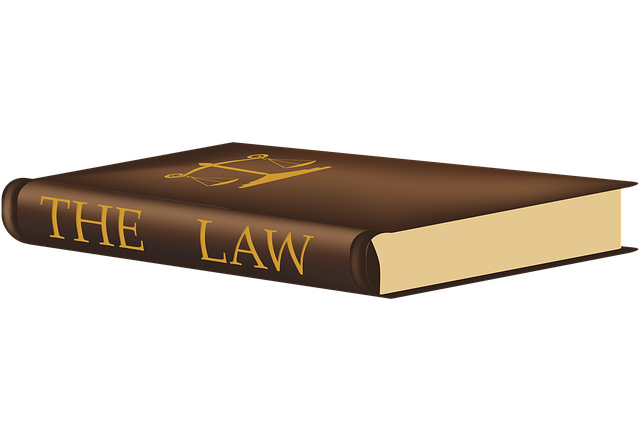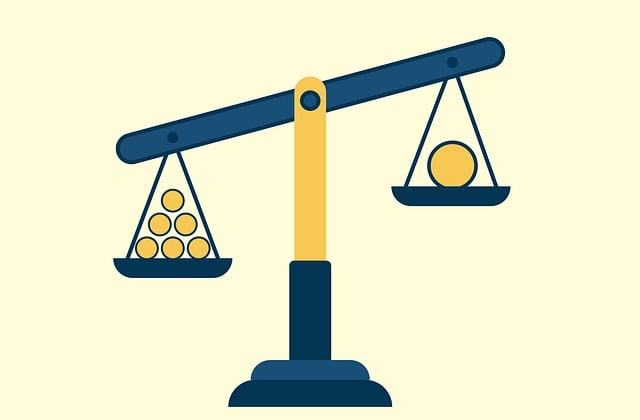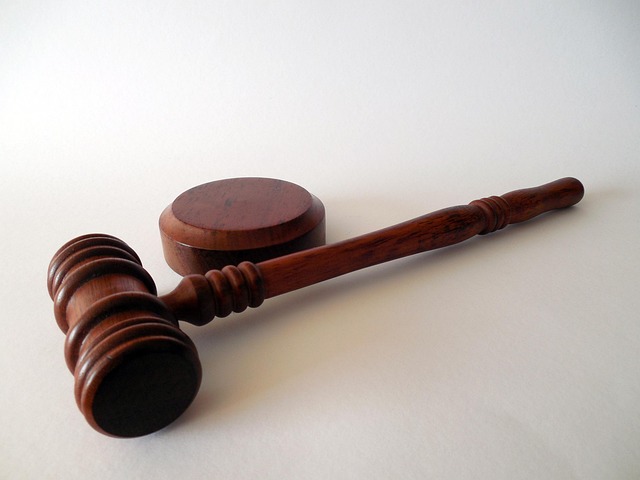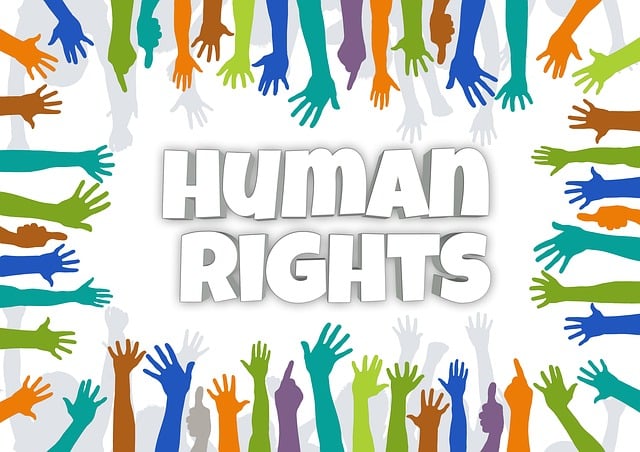Whistleblower Protection Laws are crucial for digital age transparency and accountability, especially in online consumer protection. These laws safeguard individuals exposing illegal or unethical activities, with significant legal cases defining their boundaries, including Consumer Protection Laws for Online Purchases. Whistleblowers uncover hidden practices within complex business networks, promoting fair treatment for consumers. Strategic planning, engaging an experienced attorney, and establishing good-faith disclosures are vital for successful lawsuits. These actions promote ethical conduct, public safety, and deter future misconduct, as seen in case studies involving e-commerce platform violations and financial fraud schemes.
Whistleblower Protection Lawsuits play a pivotal role in upholding integrity within businesses, especially in online transactions where consumer rights are paramount. This article delves into the intricate world of whistleblower protections, focusing on their significance in e-commerce. We explore key aspects: understanding relevant laws, consumer rights, strategic lawsuit filing, and successful claim elements. Additionally, we analyze impact through case studies, emphasizing the importance of robust consumer protection laws for online purchases.
- Understanding Whistleblower Protection Laws
- Consumer Rights in Online Transactions
- Strategies for Filing a Lawsuit
- Key Elements of a Successful Claim
- Impact and Case Studies
Understanding Whistleblower Protection Laws

Whistleblower Protection Laws are designed to safeguard individuals who expose illegal or unethical activities within their organizations. These laws are crucial for promoting transparency and accountability, especially in the digital age where consumer protection is paramount, including online purchases. By providing legal recourse for whistleblowers, these regulations encourage employees to report fraud, corruption, and other wrongdoings without fear of retaliation, thereby achieving extraordinary results in maintaining fair business practices.
Across the country, numerous lawsuits have tested the boundaries of whistleblower protections, with many resulting in winning challenging defense verdicts. This has led to a clearer understanding of when and how these laws can be invoked effectively. Consumer Protection Laws for Online Purchases often fall under the umbrella of whistleblower legislation, as online transactions involve complex networks of businesses and individuals, making it easier for unethical practices to go undetected. As such, whistleblowers play a vital role in ensuring that consumers receive fair treatment in their digital interactions.
Consumer Rights in Online Transactions

In the digital age, online transactions have become an integral part of our daily lives, from purchasing goods to engaging in charitable causes. Consumer protection laws for online purchases play a pivotal role in safeguarding the rights and interests of consumers across the country. These regulations are designed to ensure transparency, fairness, and accountability on the part of both corporate and individual clients. By establishing clear guidelines and penalties for violations, these laws foster trust and encourage participation in the digital economy.
The rise of e-commerce has not only transformed shopping habits but also presented unique challenges for consumer protection. Fraud, misrepresentations, and unfair business practices can easily occur in the online space, impacting individuals across diverse social and economic backgrounds. Fortunately, whistleblower protection lawsuits act as a powerful mechanism to hold wrongdoers accountable, thereby reinforcing the integrity of online transactions. This approach not only benefits corporate and individual clients but also strengthens the fabric of philanthropic and political communities by promoting ethical business conduct.
Strategies for Filing a Lawsuit

When considering legal action as a whistleblower, strategic planning is key. The first step involves identifying the appropriate jurisdiction and venue for filing your lawsuit. This decision should consider factors such as where the illegal activity occurred, the target company’s headquarters, or any relevant consumer protection laws for online purchases. Engaging with an experienced attorney who specializes in whistleblower cases can provide invaluable guidance during this phase.
Your legal representative will help you navigate the nuances of whistleblower protection laws and determine whether your case aligns with them. They’ll also advise on the pros and cons of different approaches, including the potential for jury trials, which can be a powerful tool for holding wrongdoers accountable. This strategic process ensures that your lawsuit is not only legally sound but also maximizes the chances of achieving justice for you and your clients.
Key Elements of a Successful Claim

A successful whistleblower protection lawsuit hinges on several key elements. Firstly, the plaintiff must establish that they made a good-faith disclosure of what they believed to be illegal activity within their respective business. This involves demonstrating a clear intention to expose wrongdoing and not act out of personal gain. Additionally, the allegations should pertain to matters of public interest, such as consumer protection laws for online purchases, ensuring the information is relevant and impactful.
Evidence plays a crucial role in these cases. Whistleblowers need to provide concrete proof supporting their claims, especially when dealing with high-stakes cases. This may include documentation, records, or witness testimonies that validate the alleged illegal activities. A clear and compelling narrative, detailing the steps taken to report the misconduct and the subsequent consequences, can lead to a complete dismissal of all charges against the whistleblower.
Impact and Case Studies

Whistleblower Protection Lawsuits play a pivotal role in upholding transparency and accountability across various sectors, from corporate boardrooms to government agencies. By providing legal recourse for individuals who expose fraudulent or illegal activities, these laws foster an environment conducive to ethical business practices and public safety. The impact of successful whistleblower lawsuits extends far beyond financial penalties; they serve as powerful deterrents, achieving extraordinary results in preventing future misconduct.
Case studies illustrate the profound effects of whistleblower protections. For instance, a former employee of a leading e-commerce platform utilized these laws to expose systematic violations of Consumer Protection Laws for Online Purchases. Their actions led to a significant settlement and prompted the company to overhaul its customer protection policies, setting a precedent for other businesses in the digital landscape. Similarly, in white collar defense cases, whistleblowers have played a crucial role in dismantling complex financial fraud schemes, leading to increased scrutiny and stronger regulatory frameworks, thus safeguarding consumers and investors alike.
Whistleblower protection lawsuits play a pivotal role in ensuring accountability, especially in online transactions where consumer rights are often at stake. Understanding these laws and utilizing strategies like those outlined in this article can empower individuals to defend their rights as consumers. By focusing on key elements such as clear communication of policies and transparent practices, businesses can mitigate risks and foster trust. Through case studies and impact analysis, it’s evident that strengthening whistleblower protection is crucial for the digital age, promoting ethical conduct while safeguarding consumer interests under Consumer Protection Laws for Online Purchases.






